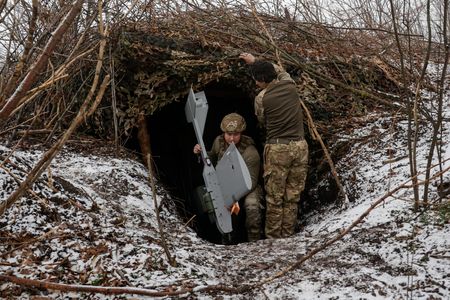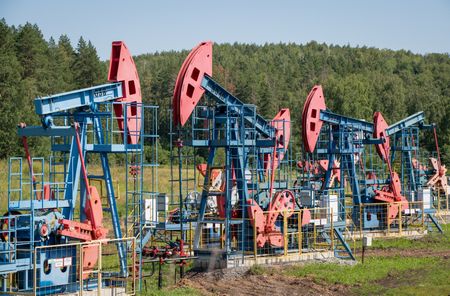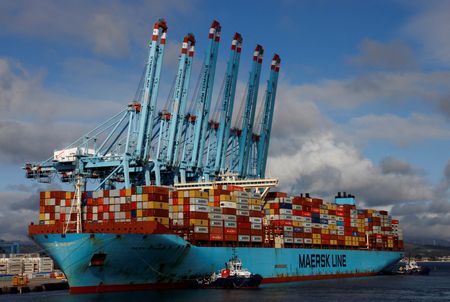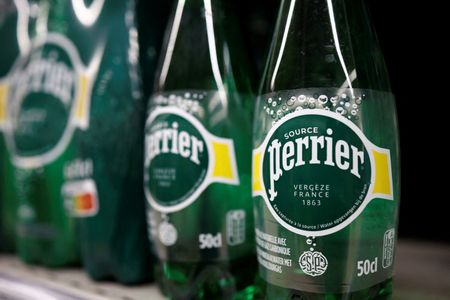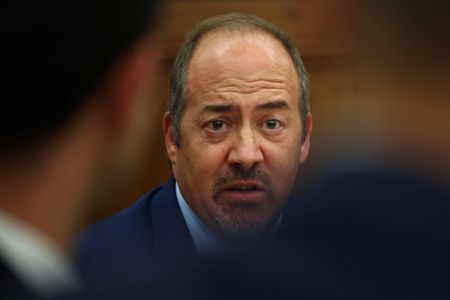BERLIN (Reuters) – Supply bottlenecks held back German manufacturing activity in December, but manufacturers with full order books expressed confidence that these constraints will ease in 2022, a survey showed on Monday.
IHS Markit’s Final Purchasing Managers’ Index (PMI) for manufacturing, which accounts for about a fifth of the economy, was unchanged at 57.4, slightly lower than a flash reading of 57.9.
The outlook for factories in Europe’s biggest economy has been clouded by shortages of semiconductors and raw materials, affecting the German auto industry in particular.
The shortages, coupled with rising energy prices, have forced manufacturers to pass the added costs on to consumers, raising fears of an inflation spiral that dampens both consumption and growth.
“The survey’s output index has now ticked up in each of the last two months, to offer some hope that the final quarter of 2021 can be a turning point from which growth starts to pick up as we move through 2022,” said Phil Smith, Economics Associate Director at IHS Markit.
“Buoyed by full order books, German manufacturers are confident about growth prospects in the coming year, though much still depends on an improvement in the supply situation.”
He added: “Supply chains remain under intense pressure by historical standards, and there’s still a risk of fresh disruption as a result of flare-ups in the pandemic.”
(Reporting by Joseph Nasr; Editing by Hugh Lawson)


